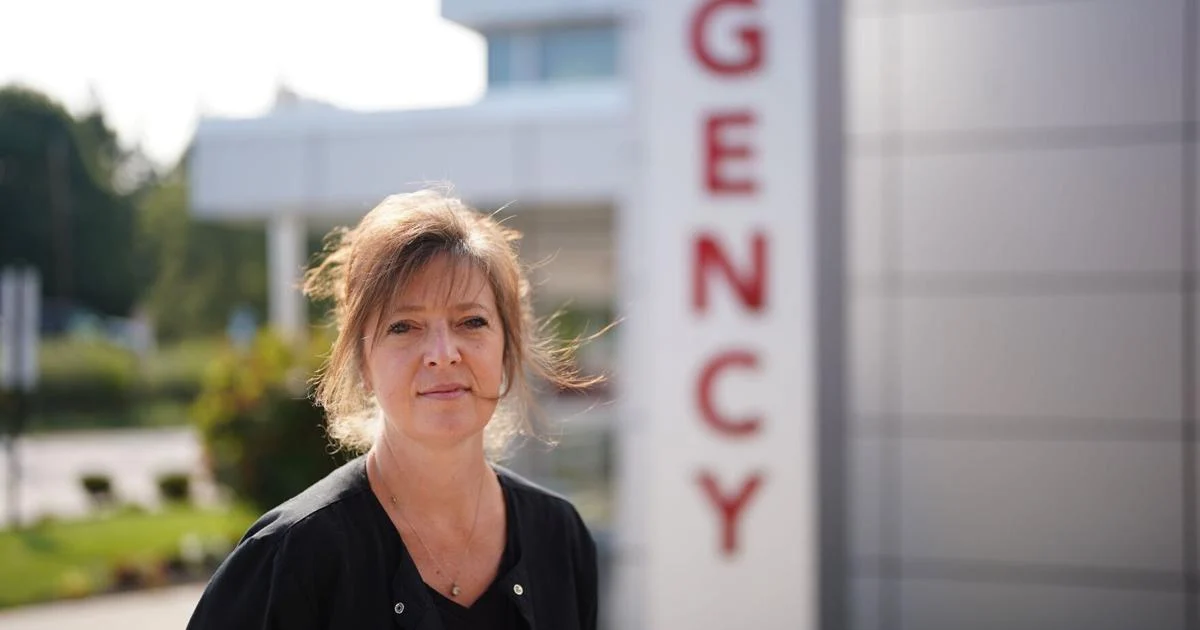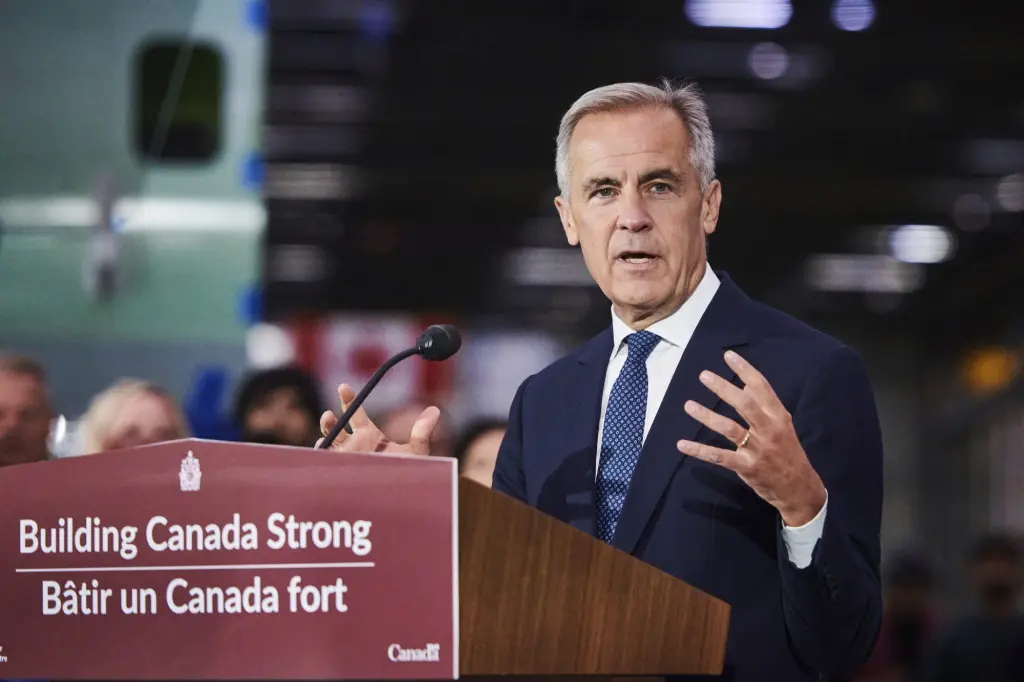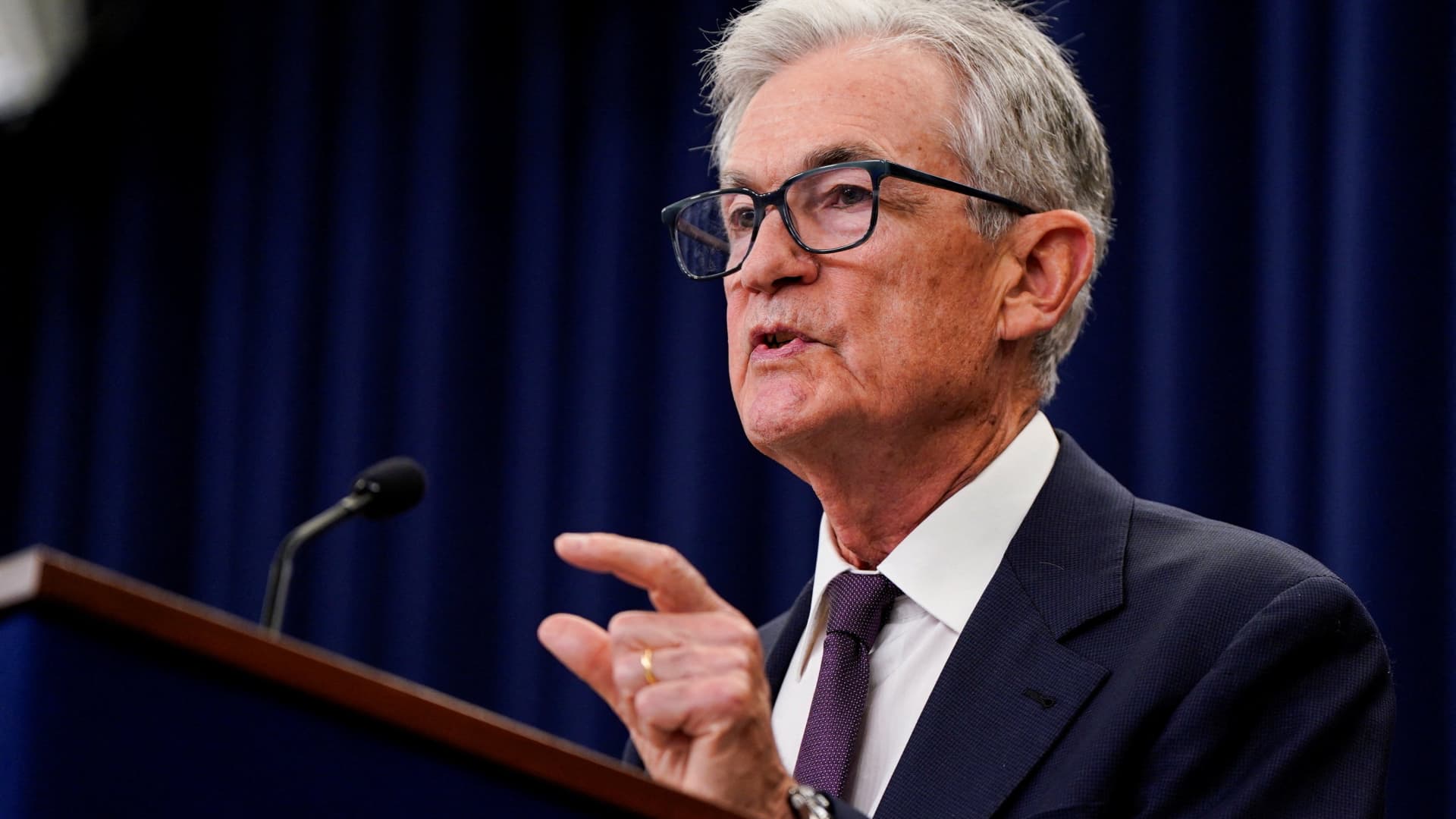
Denise Abbott grew up in a union household.
Her father worked at Westinghouse Electric, where he was a union steward. When the Westinghouse workers went on strike, Abbott would sometimes join her father on the picket line. Her mother would put items on layaway to keep the family’s expenses in check during walkouts.
“I lived through all of that, but I saw the benefits my father got by being in a union,” Abbott said.
Her own commitment to organized labor has carried through to the highest level in Western New York. Abbott, 55, was recently elected president of the Western New York Area Labor Federation, AFL-CIO. The umbrella group encompasses five central labor councils that collectively represent over 150,000 workers across the region.
She is the fifth president in the 24-year history of the federation, and the first woman to hold the office. She also works as a registered nurse, at a time when the health care industry has become a significant force in organized labor in the region.
Abbott succeeded Peter DeJesus Jr., who stepped down as president last June to take a job with the state Workers’ Compensation Board. For Abbott, leading the federation is an opportunity to continue to do the kind of work that appeals to her.
“Most of it is the success we have, the coalitions that we’ve built, the strength that we have, and changing people’s lives,” she said. “I think that’s really important.
“And it’s not just union people,” Abbott said. “We do it for people that are not in unions. We do it in our communities, with our community service work that we do. I think it’s fulfilling to be able to make a difference.”
Union commitment
Abbott grew up in Cheektowaga. She graduated from West Seneca East High School in 1988, and then from Trocaire College in 2003.
When Abbott was hired at DeGraff Memorial Hospital in North Tonawanda, she got active in the union right away. She became a steward with Communications Workers of America 1168, and then a chief steward. Over a decade ago, she was named the local’s health and safety director, dealing with issues like workplace safety and ergonomics.
Another big step for Abbott came about five years ago, when she became president of the Buffalo Central Labor Council, one of the five councils that comprise the federation. As if all of that was not enough, Abbott, who lives in Cambria, has also served as recording secretary for the Niagara-Orleans Central Labor Council.
“It’s a lot of work hours,” Abbott said. “I have a fantastic husband who understands my passion for all of this. He has encouraged me and supports me very much.”
She is giving up her leadership roles with the Buffalo and Niagara-Orleans labor councils, but continues to work as a nurse and as CWA 1168’s health and safety director. And serving as federation president brings its own set of demands.
Union membership is above average
About 13% of workers in the Buffalo Niagara region were members of a union in 2024, according to Unionstats.com. That included 5.8% of private sector workers and 60.1% of public sector workers.
Buffalo’s union density – which was higher than the 9.9% national rate of union membership last year – puts organized labor in a more prominent position than in other regions where union membership is lower.
The top challenge the WNY Area Labor Federation president faces is “finding consensus around important issues and not being diverted to issues that do not lend themselves to consensus building,” said Richard Lipsitz Jr., who served as federation president for about a decade. “The federation works best when people understand, and our affiliates work together, around defending living standards and working conditions.”
Lipsitz said he sees Abbott as the right person for the job.
“She is a proven labor leader who has a very steady and calm approach to problem solving,” he said.
Given the composition of the region’s union membership, Lipsitz said, it is appropriate that Abbott comes from the private sector and works in health care, an industry with large union membership.
“It’s a good move to have someone in the health care field leading our federation at this time,” he said.
Jim Briggs, president of the Niagara-Orleans Central Labor Council, said Abbott sets a strong example as a union leader.
“I sometimes can’t believe her energy and her devotion to organized labor,” Briggs said. “The unique thing about Denise is, she gets the fact that this a fight for working people. While labor will lead it, when Denise talks about working people, she talks about people that both belong to a union and people who don’t have union membership yet, either because the industry they’re in isn’t heavily unionized or they haven’t made the decision to do that.”
Briggs recalled looking for help with an initiative about improving workers’ compensation with the Niagara-Orleans council.
“Her hand was one of the first ones up in the room,” he said.
“She doesn’t just volunteer, she participates,” Briggs said. “If she raises her hand, she’s all in. She raised her hand and I know she’s all in on this job (as federation president).”
With her job as a nurse, Abbott has a perspective of what happens to workers when they lack good health insurance, which is often a key issue in contract negotiations, Briggs said.
Diverse membership The federation, through its many affiliates, covers union members including teachers, firefighters, Starbucks workers, co-op employees, truck drivers, bus drivers, postal carriers, stagehands and grocery store workers.
Is it difficult to find common ground across such a wide range of industries?
“I think it’s easy, because we’re all striving for the same thing, which is working towards making working-class people’s lives better here in Western New York,” Abbott said.
And the makeup of union membership has changed over time, she said.
“We’re so diverse,” Abbott said. “Women, people of color. You’re seeing unions in places you never saw them before.”
A high-profile example: the organizing drives at Starbucks stores. The campaigns were launched by young people in Buffalo, and similar drives have spread around the country.
“They understand the importance of it, that it’s not just speaking up and saying, ‘I don’t like my hours,’” Abbott said. “It’s like, ‘How can I make this better?’”
In 2023, Workers United went public with an organizing drive at another highly visible employer, Tesla’s plant in South Buffalo. That campaign has not led to a vote on whether to unionize. Abbott said she is not discouraged by such outcomes.
“There’s a lot of other things that I think have been started at certain places that we were unsuccessful at,” she said. “What’s nice is that people haven’t walked away going, ‘Oh, we lost’ and not continued that work. They’re continuing that work.”
On a national level, Abbott said organized labor faces challenges from Trump administration policies affecting collective bargaining and the National Labor Relations Board.
Abbott said she has learned a lot from her predecessors, Lipsitz and DeJesus, and wants to build on their work for the federation.
For many years, union leadership roles in the region were dominated by men. That has been changing, and Abbott recognizes the significance of her election as federation president.
“I hope it encourages women, young women and girls that can see this and say, ‘Yeah, there’s opportunity out there for me,’ and not to be afraid to step into this,” she said.
Matt Glynn
The business news you need
Get the latest local business news delivered FREE to your inbox weekly.
* I understand and agree that registration on or use of this site constitutes agreement to its user agreement and privacy policy.
Matt Glynn
Reporter
Get email notifications on {{subject}} daily!
Your notification has been saved.
There was a problem saving your notification.
{{description}}
Email notifications are only sent once a day, and only if there are new matching items.
Followed notifications
Please log in to use this feature
Log In
Don’t have an account? Sign Up Today



